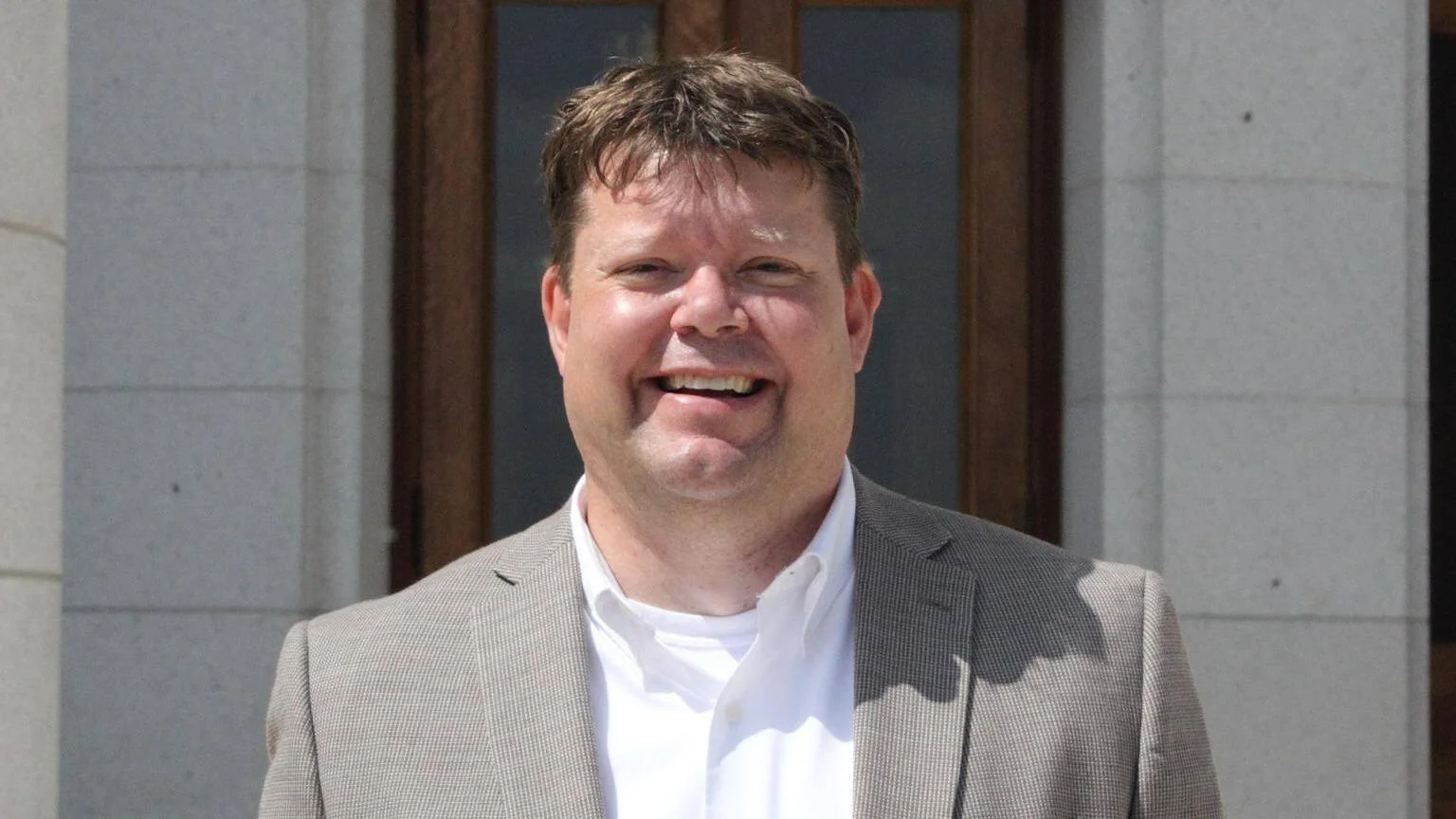John Jagler, Wisconsin State Senator for 13th District | Facebook
John Jagler, Wisconsin State Senator for 13th District | Facebook
According to the Wisconsin State Legislature's official website, the bill was described as follows: "revoking a transfer of real property on death, obtaining evidence of the termination of a decedent’s property interests, disbursing deposits after rescission of real property wholesaler contracts, and filing satisfactions of judgment".
The following is our breakdown, based on the actual bill text, and may include interpretation to clarify its provisions.
In essence, the bill allows for the revocation of a transfer on death (TOD) beneficiary designation on real property through specific instruments, effective only when acknowledged by the owner and submitted to the register of deeds. It stipulates that revocation by one owner does not affect interests of other owners, and joint owners must all agree to revoke a TOD designation. To evidence the termination of property interests of a deceased person, a recent property tax bill can now be used. The bill also allows real property wholesaler contracts to have deposits and option fees returned to buyers or sellers upon rescission without liability to the holder. Additionally, the bill specifies that an original satisfaction of judgment signed by the owner can be filed to update records across counties, bypassing the need for county clerk certification. The effective date of the bill is not specified within the provided text.
The bill was co-authored by Representative Scott Krug (Republican-72nd District). It was co-sponsored by Representative Barbara Dittrich (Republican-99th District), Representative Daniel Knodl (Republican-24th District), and Representative Dave Maxey (Republican-83rd District), along four other co-sponsors.
John Jagler has authored or co-authored another four bills since the beginning of the 2025 session, with none of them being enacted.
Jagler, a Republican, was elected to the Wisconsin State Senate in 2021 to represent the state's 13th Senate district, replacing previous state senator Scott L. Fitzgerald.
In Wisconsin, the legislative process starts when a senator, constituent, group, or agency proposes an idea for a bill. After drafting, the bill is introduced, numbered, and referred to a committee for review and public input. If approved, it moves through three readings and votes in both the Senate and Assembly. Once both chambers pass the same version, the bill goes to the governor, who can sign it, veto it, or let it become law without a signature. Only a small share of bills introduced each session ultimately become law. You can learn more about the Wisconsin legislative process here.
| Bill Number | Date Introduced | Short Description |
|---|---|---|
| SB193 | 04/14/2025 | Revoking a transfer of real property on death, obtaining evidence of the termination of a decedent’s property interests, disbursing deposits after rescission of real property wholesaler contracts, and filing satisfactions of judgment |
| SB145 | 03/21/2025 | The procedure for adding federal newborn screening recommendations to the state-required newborn screenings, granting rule-making authority, and providing an exemption from emergency rule procedures. (FE) |
| SB18 | 02/05/2025 | Changes to the educational assessment program and the school and school district accountability report. (FE) |

 Alerts Sign-up
Alerts Sign-up